Editor's note: This interview was conducted for The Advocate's weekly news podcast, The Ten. Click here to listen.
The beloved series Tales of the City, based on Armistead Maupin's revelational stories of the queer denizens of San Francisco's off-the-beaten-track Barbary Lane, is coming back to television this June. Several of the lovable quirky characters that fans of the series know so well will be back, while the series introduces a host of LGBTQ people who represent a spectrum of sexual and gender identity for a new generation.
To handle the delicate balance of maintaining the heart of the original while drawing in a new set of fans, Lauren Morelli, 36, was brought on to shepherd the series into a new era. Best known for her work as a writer on the game-changing series Orange Is the New Black, Morelli became known in queer circles in 2014 when she penned a coming out op-ed explaining that due to her work writing storylines for queer women on that series, she realized later in life that she was gay, although she had been married to a man.
On this week's episode of The Ten, Morelli speaks openly about working with a primarily queer writer's room, what she learned from working closely with Maupin and original Tales director Alan Poul, coming out later in life, how her friendship with Wiley grew into a romance, and the challenge of how to handle Olympia Dukakis (a cis woman) coming back to play the show's trans matriarch.
[Read highlights below and click here for the full podcast.]
Tracy E. Gilchrist: The original Tales of the City was incredibly revolutionary. You were part of what I think is new queer TV with Orange Is the New Black. Now there's Transparent, Pose, The Bold Type, Vida... How did you ensure that the new Tales would have the essence of being revolutionary like the first one was?
Lauren Morelli: It's scary to make queer shows because as a community they're so important to us and so I feel a great responsibility to not mess that up.
I hired six incredible queer smart brilliant talented people to be in the writers' room with me. It felt more like, how do we talk about the stories that are happening around us. The example that comes to mind is there are two characters on the show Jake and Margot who are in a relationship and Jake is a trans guy who has recently transitioned and is negotiating his new gender identity and is also now starting to negotiate an emerging sexuality that is a surprise to him.
As a result of that, the two of them are in this position where then they're negotiating all of those things together. Margot identifies as a lesbian and is grieving her loss of a visible queer identity. That is a story that I saw happening in my own friend group several times over. And yet I hadn't really seen that story tackled. So I think it just became a question of how do you continue to push the envelope of the stories that are being told.
Regarding your work on Orange Is The New Black, it was personal for you. You were writing pieces of Piper and Alex's storyline, which I believe I read helped inform your [sexual] identity or clear it up?
We were sitting in a writers room all day long as a group and coming up with those stories. In retrospect, certainly, and I continue to work out my stuff on the page, right? All the time I'll finish a script and be like, Oh that's what I was doing. Like how embarrassing that I just was like working out all my mom's stuff on that on the page.
The stories that I was so lucky to write [on Orange] weren't necessarily stories that I had come up with in my own brain but I did get to sit with those characters on the page and have them talk to one another and the conversations that we would have in the writers room around sexuality, certainly, I had started to take them home. But I couldn't quite figure out what was happening. Was this the first kind of epiphany around her identity? Totally, yeah. Which is always a really important part for me to talk about because I think often we get sold a very black or white narrative around sexuality. This is actually a result of white men getting to define our stories and I feel like female sexuality can sometimes be very different from male sexuality.
I remember feeling crazy. I felt like I genuinely didn't know and how couldn't I have known or you were locked in a basement somewhere
It was like that was part of what was maddening about it to me. I couldn't find anybody with my story and I would Google all day long. I could find eight thousand videos of cats and I couldn't find anybody saying I was married to a man. And now I've had this realization about myself and that feels like an honest realization instead of something that I was lying to about myself.
You've blazed a trail all the way to being showrunner for Tales of the City. This show was so important to so many people. You'll have that to contend with--the fans the diehards. You have Alan Poul and Armistead Maupin on board and now you have this kind of new queer representation and social media to also contend with because social media feedback can kind of inform where things go sometimes. What's it been like to create this show and cross that bridge.
It's terrifying for sure. I think we were really aligned on this as a creative team to hopefully satisfy a pre-existing fan and give them some more stories about these lives of people who they've already fallen in love with and for some people have spent decades reading about but then also usher in a new generation of fans who might not have been exposed to these stories in this world before. But bridging that gap is tough. The pilot episode is a really great example of this. How do you catch someone up so that they don't feel like they're missing out? It is so important to me that no one feels excluded because that's so against the ethos of Barbary Lane. Everybody's welcome. So if anyone who knows the show or doesn't know the show should also feel welcome.
[Click here to listen to the full interview with Lauren Morelli on The Ten.]
Tales of the City premieres on Netflix June 7.
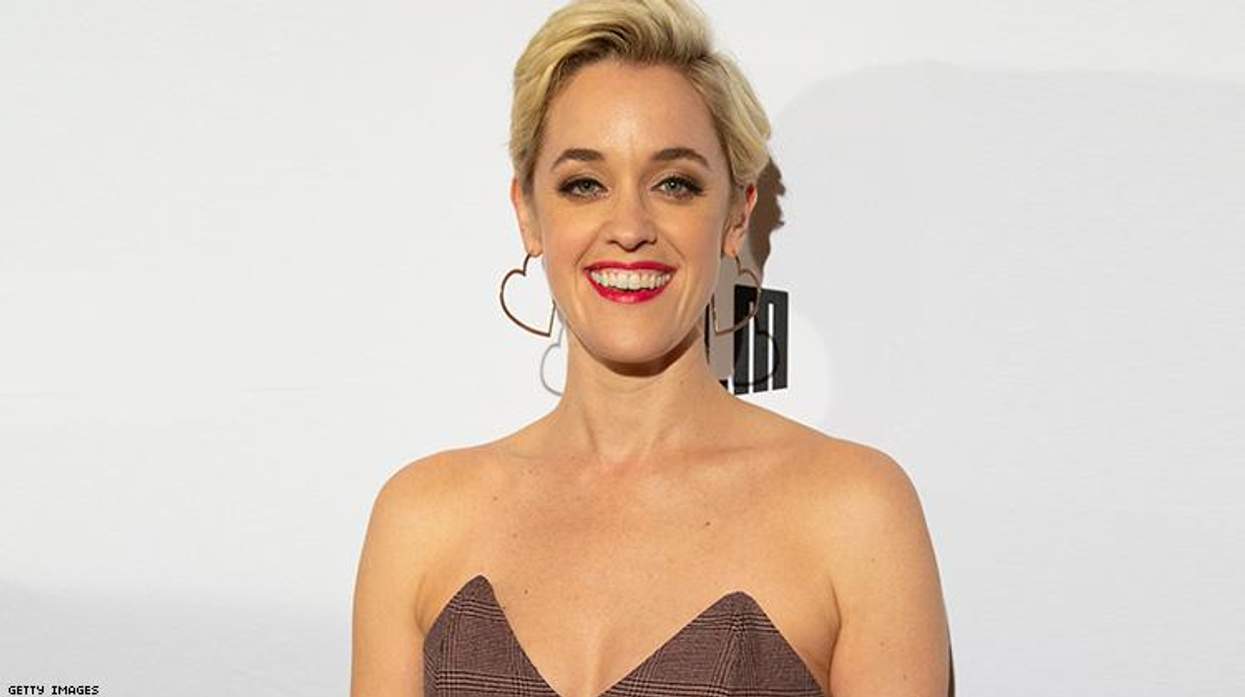




























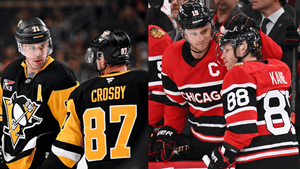













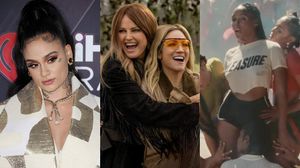



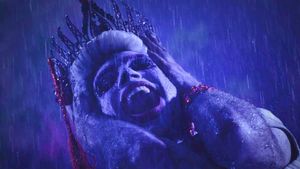




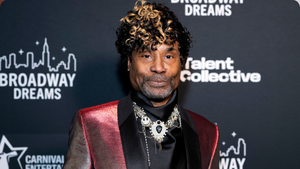
















Charlie Kirk DID say stoning gay people was the 'perfect law' — and these other heinous quotes